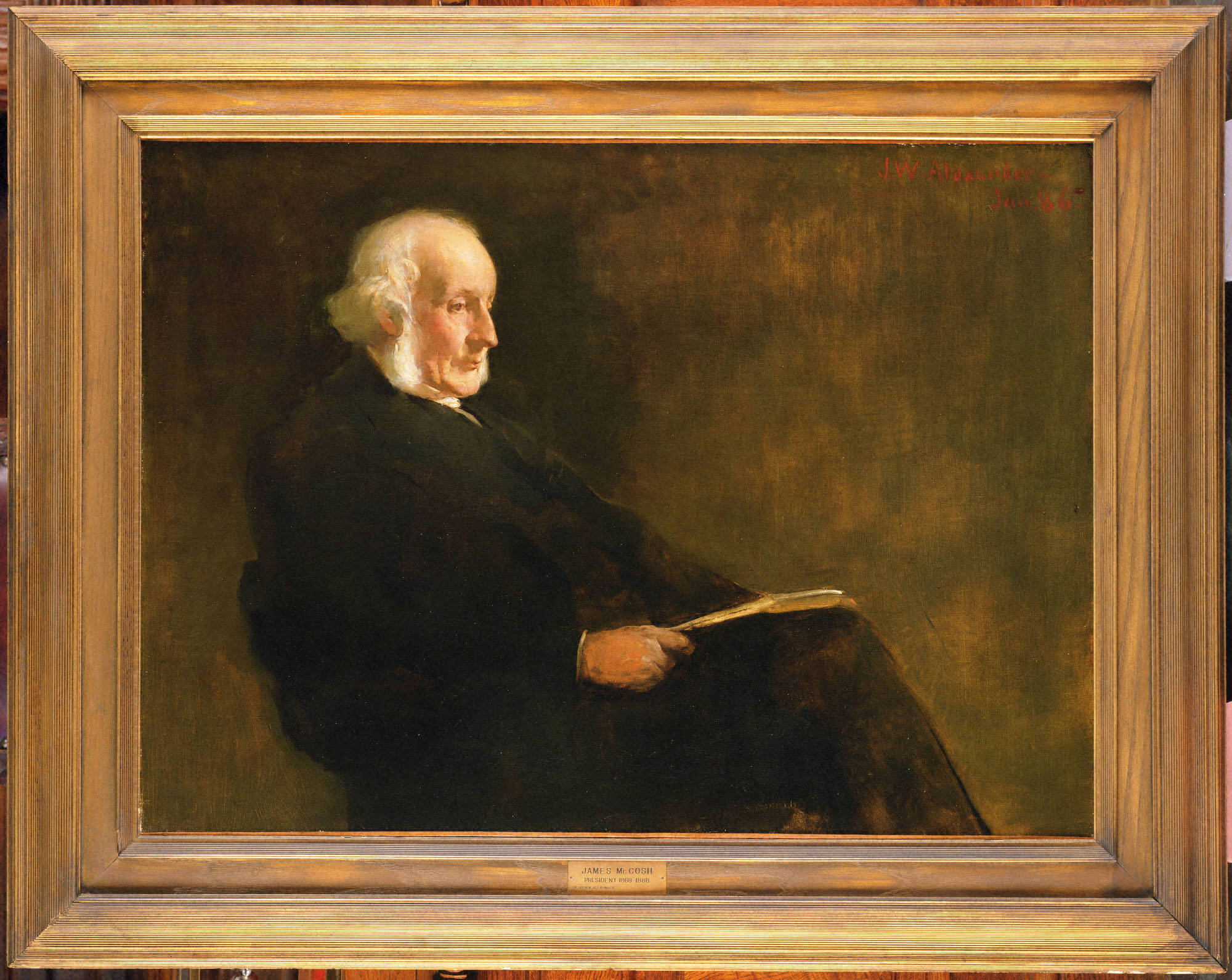I recently had the pleasure of grabbing coffee with T. C. Schmidt, the author of Josephus and Jesus: New Evidence for the One Called Christ. Princeton is lucky to have Schmidt for the year while he is a visiting fellow at Princeton University’s James Madison Program. Sitting down and talking with him for several hours clarified a great deal in my mind about the plight of the Christian scholar.
Login to read more
Sign in or create a free account to access Subscriber-only content.
